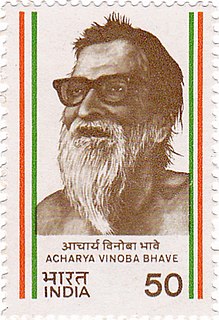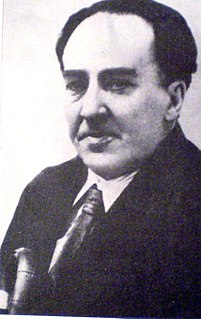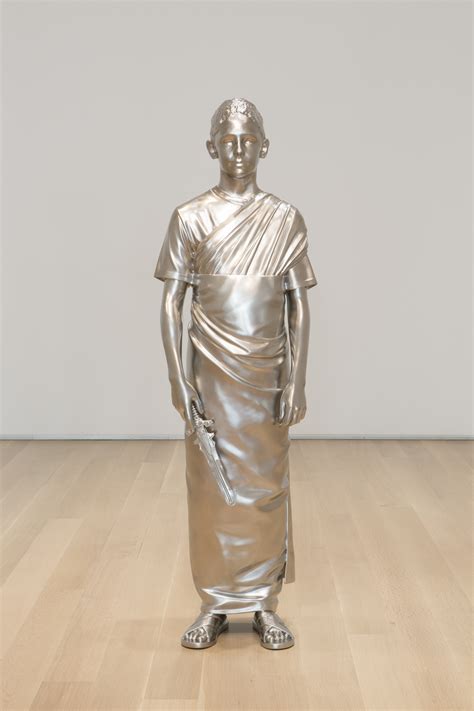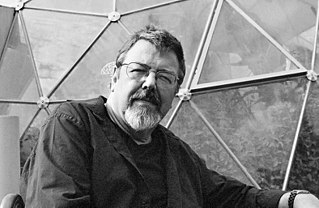A Quote by Vinoba Bhave
We have seen from experience that, if we are in the habit of walking regularly on the same road, we are able to think about other things while walking, without paying attention to our steps.
Related Quotes
But to look back from the stony plain along the road which led one to that place is not at all the same thing as walking on the road; the perspective to say the very least, changes only with the journey; only when the road has, all abruptly and treacherously, and with an absoluteness that permits no argument, turned or dropped or risen is one able to see all that one could not have seen from any other place.
One of the first things I think young people, especially nowadays, should learn is how to see for yourself and listen for yourself and think for yourself. Then you can come to an intelligent decision for yourself. If you form the habit of going by what you hear others say about someone, or going by what others think about someone, instead of searching that thing out for yourself and seeing for yourself, you will be walking west when you think you're going east, and you will be walking east when you think you're going west.
We don't want to be wounds ("No, you're the wound!") but we should be allowed to have them, to speak about having them, to be something more than just another girl who has one. We should be able to do these things without failing the feminism of our mothers, and we should be able to represent women who hurt without walking backward into a voyeuristic rehashing of the old cultural models.
I don't think much new ever happens. Most of us spend our days the same way people spent their days in the year 1000: walking around smiling, trying to earn enough to eat, while neurotically doing these little self-proofs in our head about how much better we are than these other slobs, while simultaneously, in another part of our brain, secretly feeling woefully inadequate to these smarter, more beautiful people.
I was walking every morning, and I'd take my iPod and paper and pen.?As I walked, I wrote a poem, and then I'd come home - and sometimes it's legible, sometimes not - I typed the poem up. So I have a new, yet to be published, collection of poems now. It's called Walker's Alphabet, and among other things, it is about walking. My most recent collection of poems in 2010, incidentally, was titled WALKING backwards.
Modern literary theory sees a similarity between walking and writing that I find persuasive: words inscribe a text in the same way that a walk inscribes space. In The practicse of Everyday Life, Michel de Certeau writes, 'The act of walking is a process of appropriation of the topographical system on the part of the pedestrian; it is a special acting-out of the place...and it implies relations among differentiated positions.' I think this is a fancy way of saying that writing is one way of making the world our own, and that walking is another.




































